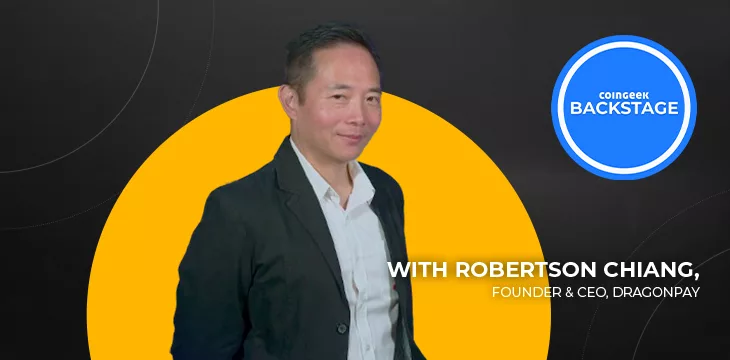|
Getting your Trinity Audio player ready...
|
If you have applied for an NBI clearance, made digital payments from major online banks, or even just used e-wallets like Maya and GCash, you probably have encountered
Dragonpay. Established in 2010, the Bangko Sentral ng Pilipinas-regulated digital payment platform has been around for 14 years, helping Filipinos have a secure and hassle-free payment transaction.
At the Digital Pilipinas Festival 2023, Robertson Chiang, founder and CEO of Dragonpay, shared his view about the Philippines’ venture into digital transformation and revealed a new offering by the online payments platform.
“[Dragonpay] processes everything from online banking to cash payments, e-wallet payments for the major e-commerce players here in the country. We have been working with the Digital Pilipinas for maybe 4 [or] 5 years. I’m pretty much there since the start when Amor put together the whole movement. It is all really about an advocacy to push the Philippines to go digital,” Chiang told CoinGeek Backstage.
Being one of the pioneers in providing alternative payments in the Philippines, Chiang observed that in 2010, Filipinos were still highly dependent on cash. However, thanks to the aftermath of the pandemic, the country made a significant stride to go digital. “It was really a significant change in the last three years,” said the Dragonpay founder and CEO.
Dragonpay now offers digital currency in its platform for those who don’t know it yet. In partnership with TripleA, a financial service digital payments solution, Dragonpay launched a digital currency payments feature for thousands of Filipino merchants in 2021. Telling more about the offering, Chiang sees digital currency as a cheaper and faster way for OFWs to make instant global payments.
“Dragonpay is all about inclusive payments. I mentioned earlier [that] we accept anything from online banking, e-wallets, cash payments, buy now/ pay later everything. Of course, if you want to accept all sorts of payments, you cannot discount cryptocurrencies,” Chiang said.
“We have been accepting crypto, the major ones like BTC, Ethereum, USDT, [and] Binance in the last couple of years. Filipinos mainly living abroad if they want to buy products and services from merchants here in the Philippines or any services on Dragonpay, they can use any of their cryptocurrency to do that.”
In contrast, Chiang observed that Filipinos residing in the country primarily use digital currencies for investments. “I feel that there is still some sort of stigma when it comes to cryptocurrencies because of the whole anonymity thing,” he said.
The digital currency space is associated with many scams and extortion lately, said Chiang. Just recently, the Wall Street Journal reported that Chinese crime syndicates have been utilizing digital currency to launder billions of dollars for criminal proceeds.
“I think it’s a negative thing. But on the other hand, [Bitcoin] is really the fastest way of moving money around,” Chiang remarked.
See our recap stories here to hear more about the Digital Pilipinas Festival 2023.
Watch: The Philippines is prime for investments—here’s why

 07-12-2025
07-12-2025 





